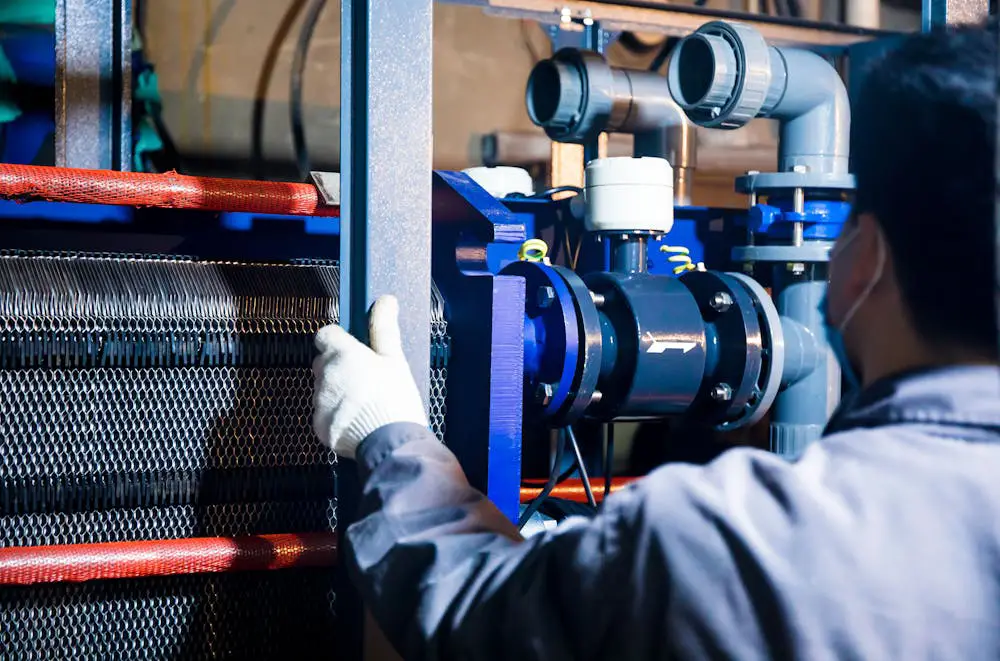Engineering is one of the most promising fields of study that has evolved over the years. Highly-trained engineering professionals have taken over the industries like electrical, mechanical, electronics, civil, computers and much more. One of such thriving industries in Australia is the Maritime.
The Maritime industry in Victoria and other major parts of Australia is booming and marine engineers have been playing a major role. They adhere to the strict protocols and ensure the utmost safety of sea vessels and seafarers.
So, here is a complete guide to help you understand everything about maritime engineering and key roles and duties of a well-established marine engineer.
Let’s Get Started!
What is Marine Engineering?
This particular field of study deals with the design development, maintenance and production of the equipment used at sea and vessels, like ships and boats. A professional marine engineer has the responsibility to maintain and repair major mechanical and engineered vessels and equipment on the ship to ensure utmost safety and prevent potential hazards with the assistance of chief mate on the ship.
They deal with different types of mechanical systems to ensure the operation of any vessel, including
- Propulsion mechanics
- Power generation system
- Fuel system
- Air conditioning system
- Water distillation
- Lighting, etc
In short, a marine engineer is responsible for the seamless operation of different engineering and mechanical equipment on board. From generating accurate calibration of navigation systems to propelling vessels across the water, they manage everything with precision and care.
If you want to become a successful marine engineer, join the best maritime training centre in Melbourne, Victoria and make the most of your career.
Key Roles and Duties of a Marine Engineer
Below are some of the key duties that every marine engineer should perform:
1. Proper Operation of Mechanical Equipment
This includes overseeing the key mechanisms that have been driving the movements of the ship. A marine engineer should ensure that all systems run effectively and efficiently without any hindrance.
2. Detailed Record-Keeping and Planning Maintenance
There is no denying that the engine room department is the core of all machinery systems onboard. It is important that the team strictly follows the planned maintenance system. Thus, marine engineers are responsible for maintaining precise record-keeping of different aspects that are carried out for reporting and official paperwork.
3. Fuel Oil Bunkering
Do you know marine engineers play a pivotal role in transferring the fuel oil from the bunker station to the ship? The 4th marine engineer is responsible to take frequent soundings of the fuel oil tanks and report it to the chief engineer. This lays the foundation for precise planning of bunkering procedures.
If you aspire to become a marine engineer, then join the best maritime education and training centre in Melbourne.
4. Breakdown and Repair in an Emergency
In the training, marine engineers will learn the technicalities of handling main maintenance and breakdown of machinery systems in an emergency. However, they are advised to work with seasoned experts to repair and solve the problem before it goes out of captain’s hand. Thus, it is important to understand the maritime operations and other aspects to prevent or repair breakdown.
Wrapping up
Marine engineers have the responsibility to maintain the mechanical and engineering equipment and other systems of the ship onboard. These are the key roles and duties that will help you make right career choices if you want to become a marine engineer in Melbourne.







